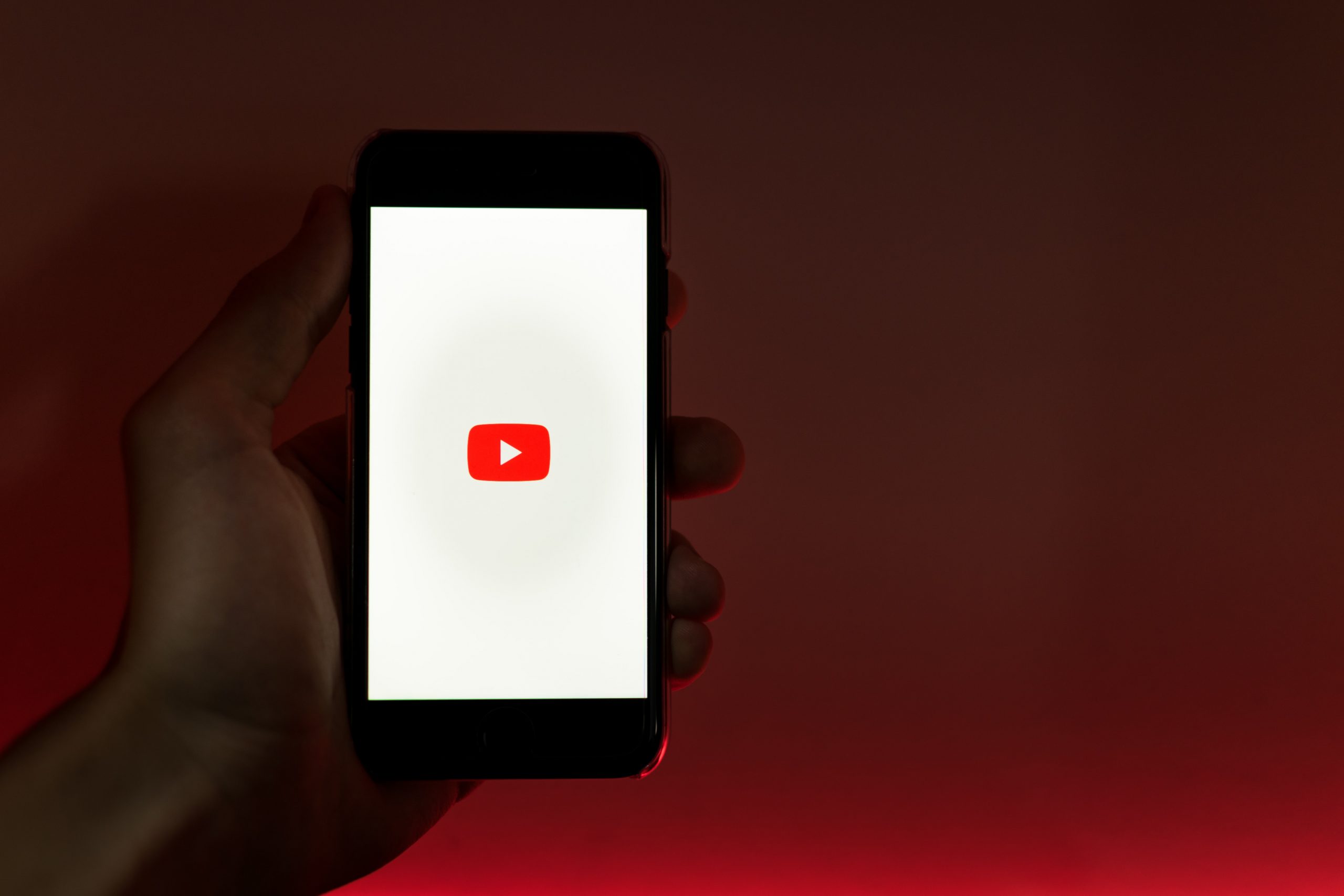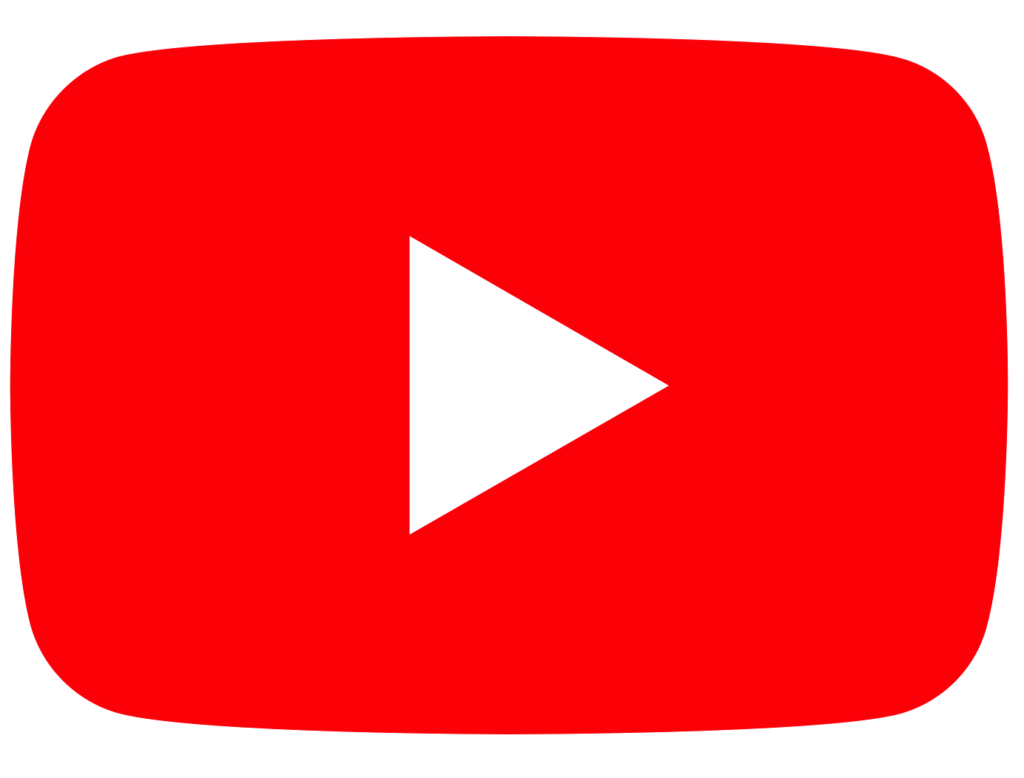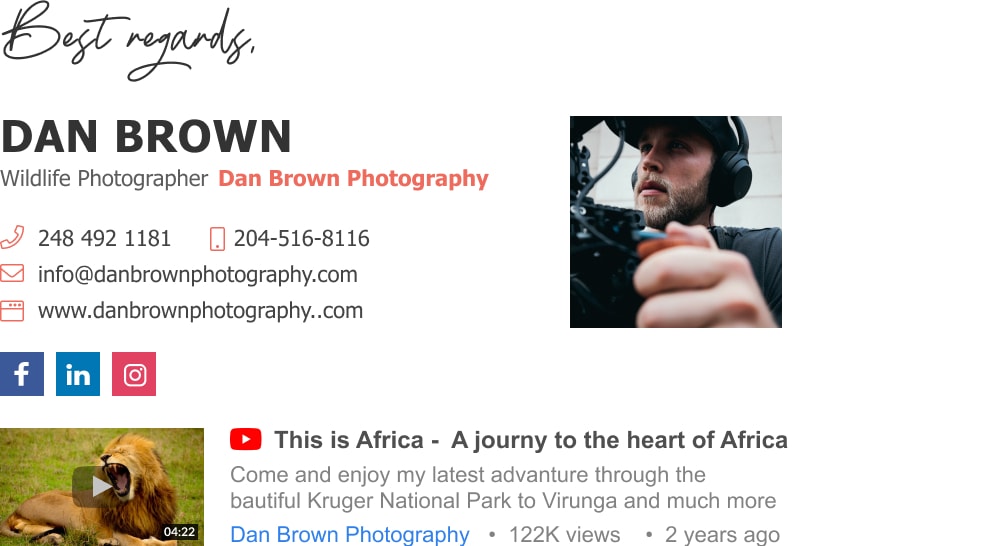How to start a YouTube channel – beginners’ guide
Before launching a YouTube channel you need to understand YouTube algorithms to work in a business’s favor.


Starting a YouTube channel can be intimidating, and the process may seem like it has many steps. We at WiseStamp know how challenging launching a YouTube channel can truly be. Fortunately, it takes far fewer steps than many tutorials make it out to be. With a little ingenuity and a little time, anyone can launch a channel that helps their business grow.
1. Study the competition
Before launching a YouTube channel, the first step is studying the competition. We find the top ten in any given niche is a large enough field. Recommending following these top ten to learn what it takes to start and grow a YouTube channel in a specific niche.
It is also recommended to spend time in the comments sections. By observing how people interact with the videos, businesses and freelancers can better understand what draws people to the content. Additionally, look for questions in the comments. This can help small businesses generate their own content that fills a gap.
The entire goal of this exercise is to understand why those top ten are doing well in the desired niche. Items like editing skills or a charismatic persona can be imitated. We find that turning these observations into a plan is a crucial step in starting a YouTube channel quickly.
2. Create a video content plan based on keywords
The important thing to remember for content is that it should be SEO-based. Simply because YouTube does not look like a search engine does not mean it is not one. In fact, the recommendation algorithm accounts for about 70% of what people watch. That’s powerful.
The trick is creating engaging content based on the topics people search for in the niche. Often, enthusiasm helps engage viewers on even the most uninteresting to the public subjects. Then people will watch the whole video, which in turn helps the analytics.
We also find that content creation is helped by time. When creating the content for launching a YouTube channel, rushing is never a good idea. Try to allow at least 24 hours before the scheduled posting date for filming, editing, and uploading. Otherwise, there will be rushed videos that do not serve the brand.
The other thing we find filming early helps with is stress. Starting a YouTube channel can be a stressful and frustrating endeavor. By allowing space between filming and the deadline, small businesses can save themselves significant stress in trying to meet their content goals.
3. Set up a publishing schedule for your YouTube videos
Before planning to launch a YouTube channel, let’s talk about the schedule. Anyone using YouTube for business does need a schedule. These are self-imposed deadlines and should be treated seriously. Otherwise, adding content will slide to the end of the to-do list.
Part of starting and growing a YouTube channel is feeding the algorithm. We know that two videos per week is a reliable place to start. However, if a company can produce and upload more often, the algorithm works in their favor faster. That’s simply the nature of the program.
To surmise the scheduling, it needs to be at least twice a week, and it needs to be at a regular time to successfully launch the channel. However, growing on YouTube also requires persistence. Strategies often need six months or more before small businesses see the results they want.
Once the schedule is worked out, it’s time for the content that will start and grow the YouTube channel. Content needs to be in line with business branding and appeal to the potential audience. Content also doesn’t need filming all the time. Businesses can also invest in doodle videos, voiceovers, and other unique media styles.
4. Listen to viewer feedback and use it to create better content
Initially, user feedback will be slow as the YouTube channel launches. However, every company will eventually receive views and comments. This is the start of conventional user feedback. Special consideration should be given to these, as people took the time to fill them out.

Part of getting comments is asking for them within the videos. Otherwise, viewers may simply move on to the next video. Consider asking for feedback at the close of each video and creating regular checks to see what each video gets.
In the quest for user feedback, another valuable tool in the survey. YouTube has a native polling software application built into the cards feature. Another option is to include a survey link in the description. Either way, this feedback is invaluable and direct.
5. Monitor video performance
YouTube provides numerous analytics that can help start and grow a YouTube channel. The analytics to pay attention to beyond subscribers and comments are bounce rate and watch time. Combined, these provide a picture of how each video is performing.
A) Bounce rate
This statistic indicates whether a viewer looked at more than one video. If they only viewed one, it’s considered a bounce. While bounce rates are not an enormous algorithm consideration, it is still one business that needs to be mind.
B) Watch time
Watch time is figured as a percentage of how much of each video the viewer watches. YouTube does move videos up and down the rankings based on this. Theoretically, engaging and informative content will have a longer watch time and audience retention.
C) Audience
This analytics tab can help determine if the videos are reaching the intended audience. If they are not, then you can figure out if they want to change content strategies or work with a new audience.
D) Subscriptions
The number of subscriptions you generate through a given video can be a very strong indicator that you are creating valuable content that your audience loves. People use the number of subscribers listed by YouTube under your videos to quickly assess your popularity.
Naturally, popularity invites more popularity. Moreover, YouTube’s algorithm advocates popular channels with lots of subscribers, which creates a snowball effect.
E) View rate
If one or two videos are getting a disproportionate number of views, that indicates a gap in the market. Creating more videos around that subject may launch a YouTube channel up the rankings and result in significant growth.
6. Promote your channel
It’s not enough to simply start a YouTube channel. It must also be promoted to grow quickly. Promoting brings video viewers in from other channels and platforms that would not otherwise see the videos. If a company is well-established on another platform, transitioning some of those followers to YouTube can quick start channel growth.
YouTube does have a native ad platform that can place advertisements for channels or videos. Small businesses can use this to get viewers. In some cases, advertisements can even draw viewers away from the big ten in the niche. However, the budget is a serious consideration.
Social media is another excellent way to draw viewers and subscribers to launch a YouTube channel. Not only can a company leverage its own pages, but it can also use the advertising services of each platform. Using social media can kickstart the momentum of a new YouTube platform.
Another option to start the promotion of a YouTube channel is using the email signature. Most businesses correspond over email. You could add a YouTube thumbnail to your email signature using a service like WiseStamp. That way, people know it’s out there if they’re interested.

Additionally, many professional profiles now include space for links. Often, YouTube falls in this category. It’s another great place for small businesses to passively grow their YouTube channel followings. Adding a YouTube link works on networking and review sites exceptionally well.
Conclusion
Going from zero subscribers to a successful YouTube channel launch is a process. It is most comparable to a marathon and requires patience. Respecting the process means small businesses will not quit on the cusp of victory. Succeeding will lead to measurable gains while stopping the process only wastes the effort.
When examining how to start and grow a YouTube channel, listening to the feedback the viewers provide is crucial. Users can give direct feedback through commenting or surveys, or they can become part of the analytics. Looking at both helps businesses determine if they can keep their strategy the same or need to pivot.
Above all, it is paramount that businesses create engaging, SEO-based content. Without this, results will vary wildly. Putting the focus on the content helps people see what a company is all about, something that is essential for growth. From there, the algorithm will help the content rise through the list.
Above all, the best two pieces of advice we can give on starting a YouTube channel are to give it time and make noise about it. Patience allows time for the YouTube algorithms to work in a business’s favor. Meanwhile, appropriate promotion draws in new viewers and helps people find the new channel. That’s the formula for success.


